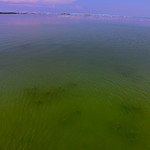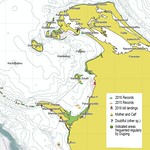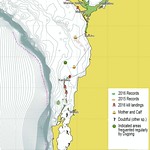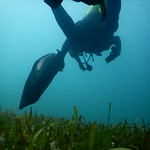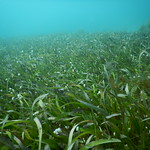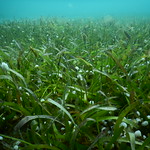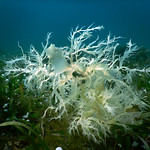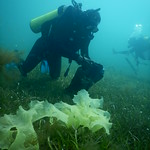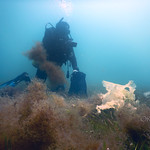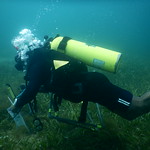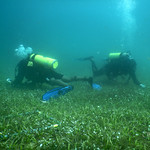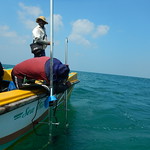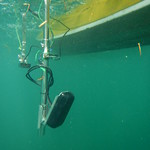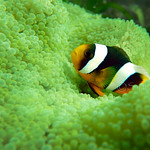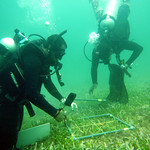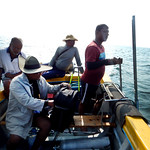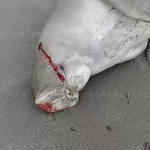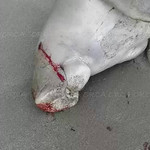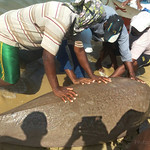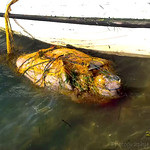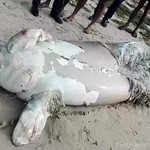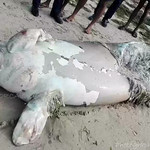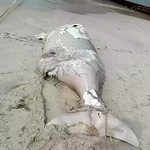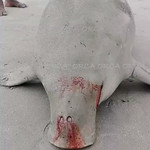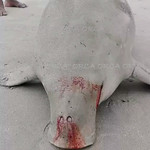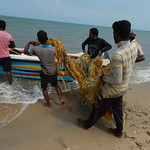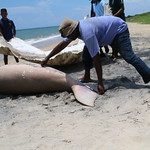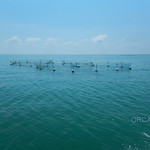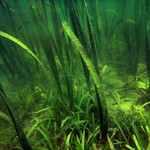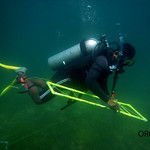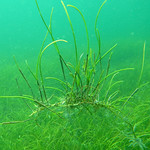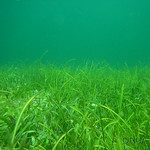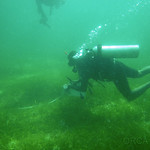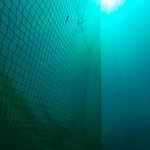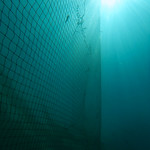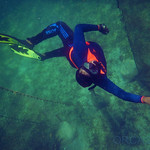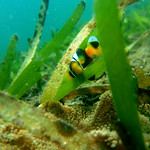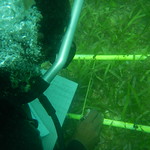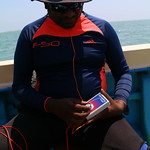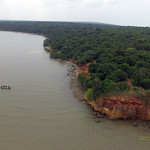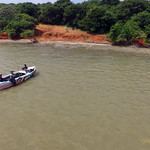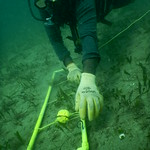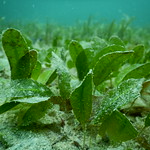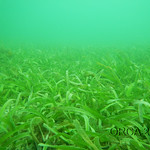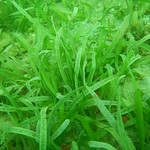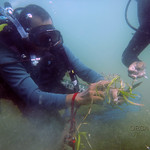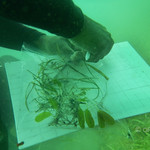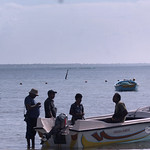Increasing knowledge on dugong distribution at selected sites in north-western Sri Lanka (LK6).
Sri Lanka: Bay of Bengal/Palk Bay.
$65,047
LK6 aims to eradicate knowledge gaps that prevent effective management, conservation and policy initiatives concerning dugongs in the Bay of Bengal/Palk Bay area of Sri Lanka. This will be achieved through an active programme of field surveys conducted throughout the project area using divers and supported by community interviews to identify hotspots. The data collected will inform policy-making and planning, as well as the adoption of targeted conservation measures.
The project will determine the status and distribution of dugong populations and seagrass ecosystems in deep waters within the proposed survey area, identifying threats and proposing mitigation measures.
LK6 will also assess the quality and coverage of CMS Dugong MoU rapid survey data and identify both hotspots and areas in which survey coverage is lacking; these areas will then be subjected to UNEP CMS rapid surveys. It will also assist Project partners in Sri Lanka by conducting seagrass habitat assessments to expand ground-truthing activities by NARA.
CMS Dugong MoU data and the findings of the field surveys will be collated and compiled to produce a database of the geographic distribution and status of seagrass and dugongs. The data will include maps featuring data on the diversity of species recorded, population trends and prevailing threats, and will be produced in a format that can be used by conservation activists and managers to inform future conservation measures.
Deliverables
- Conduct 72 field surveys (days) to collect data on seagrass distribution, abundance, status and biodiversity.
- Conduct 60 field surveys (days) to collect data on dugong populations and distribution.
- Distribute information to project partners to facilitate other project activities.
- Analyse and interpret field data and report on project findings (e-publication of final report).
